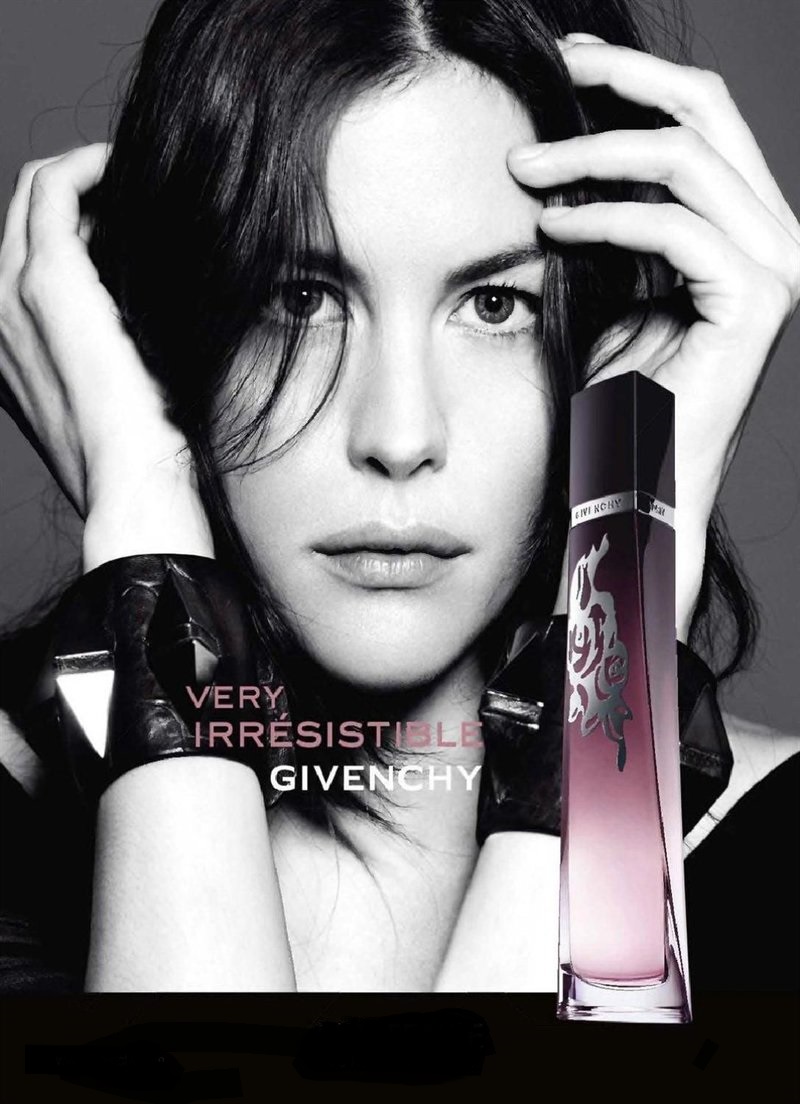Vitamin A is a top-desired vitamin in the cosmetic industry since this is the most powerful anti-wrinkle ingredient. If you don’t know much about it, it’s time to catch up!
Properties of vitamin A
The vitamin A deficiency is visible to the naked eye. Its amount drops at the blistering pace when the skin is exposed to the sunlight – the sun rays reach us all year round and that’s why we should replenish the vitamin on a regular basis. How? We must find the quality products and apply them directly on the skin.
Who can go for vitamin A-rich products?
They are recommended for everyone: young people bothered by acne or dreaming of long-lasting youthful looks, and mature people who try to fight wrinkles. Vitamin A prevents skin aging and makes existing blemishes less noticeable. Products featuring active forms of vitamin A should be popular among thirty-year-olds and older.
Forms of vitamin A
Vitamin A has lots of forms. This name – vitamin A – comprises plenty of chemical compounds. Which ones are available at the pharmacy?
Tretinoin and its derivatives: these are surely the strongest forms of vitamin A, available only by prescription. They are so intensive that they can irritate and over-exfoliate the skin, or even burn it!
Vitamin A is a cosmetic ingredient that has undergone the longest testing. Its effectiveness and safety are confirmed by plenty of tests. The scientists had been doing their best to create the derivative that ensures effects without causing irritations. The one that is safe, stable and available in over-the-counter products. That is why several different derivatives have been created.
Types of vitamin A in cosmetic products
The main form of vitamin A, that is retinol, is used in its pure form in cosmetics. It is highly effective and doesn’t cause any irritations.
Retinoid – a very stable and effective derivative of the tretinoin. It doesn’t cause irritations.
Retinyl palmitate and retinyl acetate – the cheapest forms of vitamin A that consequently give the worst results. Unlike retinol, they fail to fight wrinkles. They focus on hydrating the skin and preventing the buildup of dead cells.
Retinal hasn’t been tested thoroughly. This form isn’t widely available.
Beta carotene – provitamin A that is found in plants. This is a strong antioxidant which fights skin-damaging free radicals.
How to choose the best vitamin A skin product?
Seek the best forms of vitamin A, that is retinol or retinoid.
Vitamin A to banish face wrinkles!
It works on the external layers of the skin – visibly smoothes them, enhances the color and prevents dryness. If you only use vitamin A on a regular basis, dead cells are replaced by new ones fast so damage is reduced for the young-looking face.
The regular application of vitamin A allows it to deeply penetrate the skin for increased production of collagen and elastin – two essential proteins that preserve the skin plumpness and bounce. Vitamin A also stimulates the production of hyaluronic acid – its level drops with age while it’s essential to keep the skin cells hydrated.
After a couple of months of the retinol treatment, you will surely see a big difference. The skin will be thicker and revitalized. Plus, it will be firmer and more elastic. Fine lines will be gone while furrows and expression lines will be less noticeable. The face features and shape will be enhanced too.
What can you combine vitamin A with?
During the treatment based on vitamin A your skin may be very dry, particularly if it’s dehydrated when you start the therapy. That is why it’s so important to use hydrating products. At the beginning the skin will look very dry but these symptoms will fade and you will experience a boost of hydration soon.
Retinol makes the skin sun-sensitive at first so you can’t sunbathe or use sunbeds. SPF-rich products are a must.
Vitamin A and vitamin C make a perfect match – your skin will be grateful for such treatment. Vitamin C products can be used under make-up, intensifying the sun protection. What’s more vitamin C is a potent antioxidant shielding against the harmful effect of outside factors. Retinol, on the other hand, makes the best pick for the nighttime skin routine.






